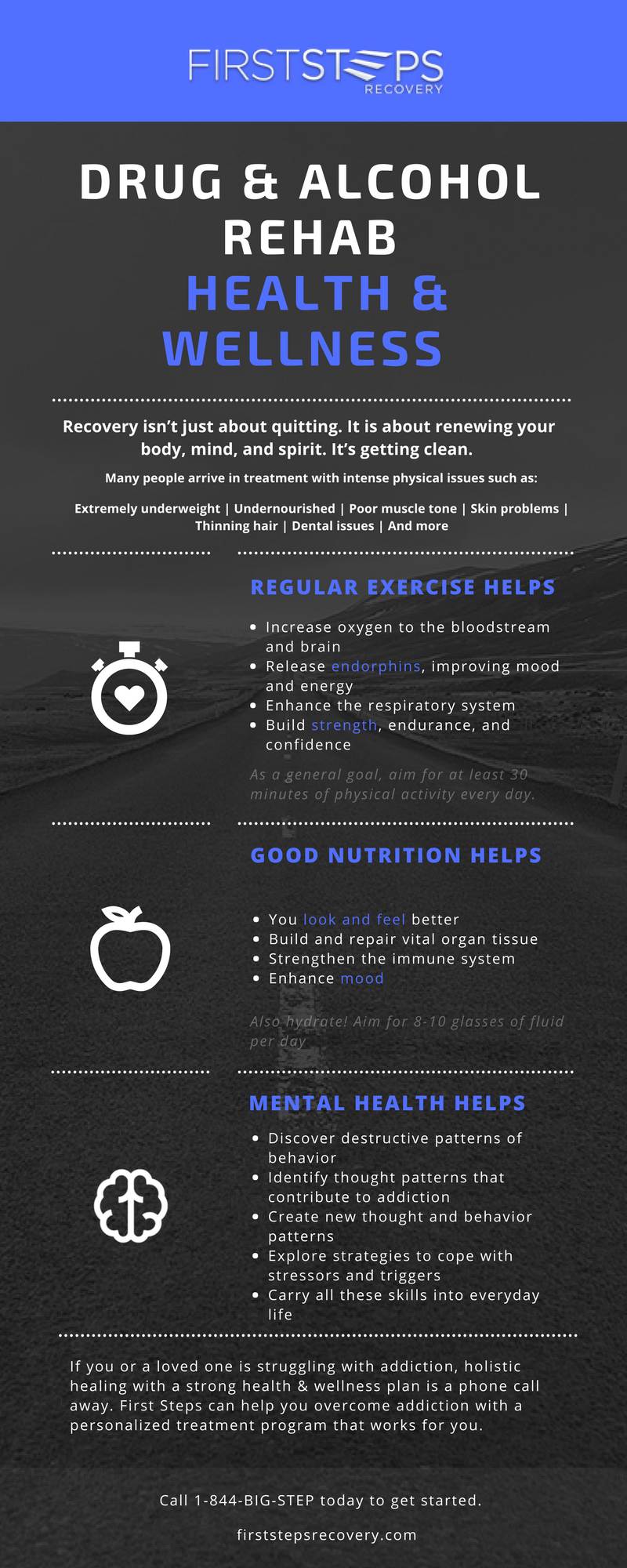Learn How To Construct A Solid Aftercare Strategy After Drug Rehab And Achieve Long-Lasting Success
Learn How To Construct A Solid Aftercare Strategy After Drug Rehab And Achieve Long-Lasting Success
Blog Article
click the up coming document -Brandt French
You've finished drug rehab, and now it's time to create a successful aftercare plan to ensure your long-lasting recovery.
visit the next post : you're a person established to remain clean and construct a fulfilling life. This short article will guide you with identifying continuous support systems, incorporating treatment and counseling, and developing healthy and balanced coping systems.
With these approaches, you'll be furnished to prosper in your journey of soberness.
Allow's get started.
Identifying Ongoing Support Equipments
You need to recognize at the very least three ongoing support systems to make certain an effective recovery after drug rehabilitation.
The very first support group is your family and friends. They can offer emotional support, support, and aid you stay liable. They can additionally supply a risk-free and understanding environment where you can share your battles and triumphes.
The second support system is your therapist or therapist. White Sands outpatient drug rehab near me 33566 can assist you work through any underlying issues that might have contributed to your addiction and supply assistance on just how to stay clear of relapse. They can likewise teach you dealing mechanisms and healthy and balanced ways to take care of stress and anxiety.
The third support system is a support group or a sober area. Being surrounded by others that are experiencing similar experiences can be exceptionally useful. They can provide a feeling of belonging, recognizing, and deal important recommendations and assistance.
Incorporating Treatment and Therapy
To achieve a successful healing, it is necessary for you to actively take part in therapy and therapy sessions, in addition to include them right into your ongoing support systems. By doing so, you can maximize the advantages of these therapy modalities and enhance your possibilities of preserving long-lasting sobriety.
Right here are some key reasons that incorporating therapy and counseling into your aftercare plan is important:
- ** Emotional Support: ** Treatment and counseling give a safe space for you to share your ideas, feelings, and struggles pertaining to your addiction. It enables you to work through any type of unsettled concerns and develop healthy and balanced coping mechanisms.
- ** Fall back Prevention: ** These sessions furnish you with the essential tools and techniques to avoid relapse. They help you recognize triggers, establish coping skills, and develop a strong foundation for handling desires and stress and anxiety.
- ** Personal Growth: ** Treatment and therapy assist in personal growth and self-discovery. They assist you obtain insight right into the underlying sources of your dependency, improve self-confidence, and create much healthier relationships.
Creating Healthy And Balanced Coping Mechanisms
During therapy and therapy sessions, it's important to actively deal with creating healthy and balanced coping systems in order to properly handle stress and anxiety and difficulties.
You need to recognize and understand your triggers, those points that trigger you distress or anxiousness. By recognizing these triggers, you can develop strategies to deal with them in a healthy way. This could include practicing deep breathing workouts, taking part in exercise, or discovering an innovative electrical outlet to share your emotions.
It is essential to likewise surround yourself with a strong support system of loved ones that can provide inspiration and guidance.
Additionally, self-care activities such as getting enough rest, eating well, and exercising leisure techniques can significantly contribute to your overall well-being.
Final thought
In the trip towards healing, creating a successful aftercare plan resembles tending to a delicate garden. Equally as a gardener nurtures each plant with treatment and focus, so also should one cultivate continuous support systems, include treatment and therapy, and establish healthy and balanced coping systems.
By doing so, the seeds of recovery will certainly bloom right into a flourishing garden, giving a strong structure for a brighter, drug-free future.
